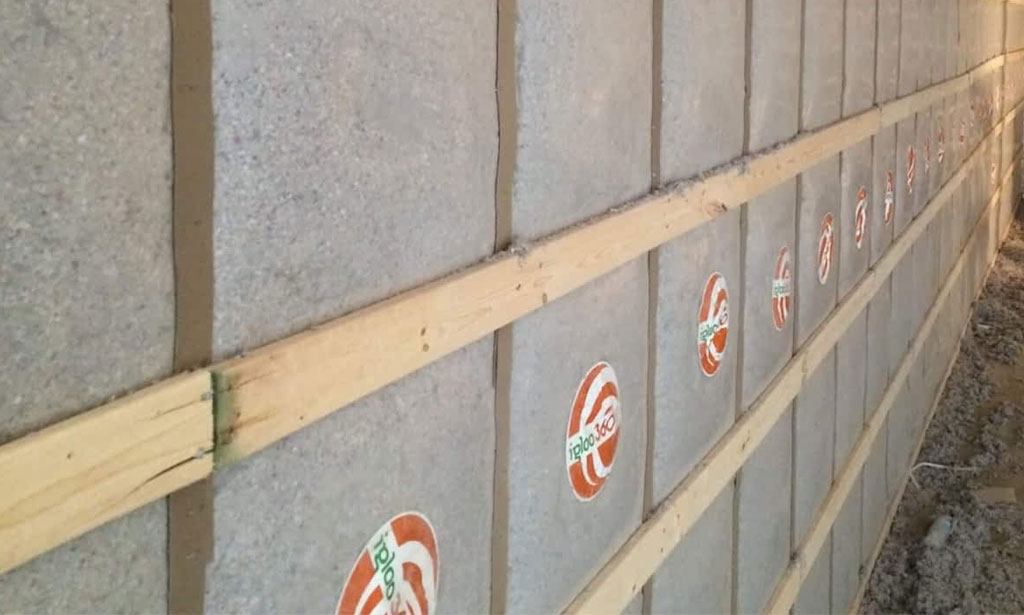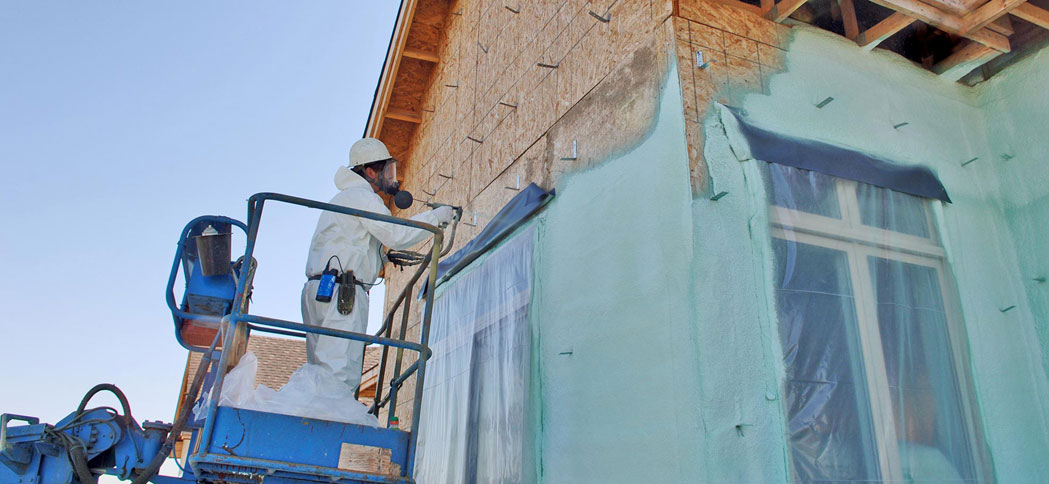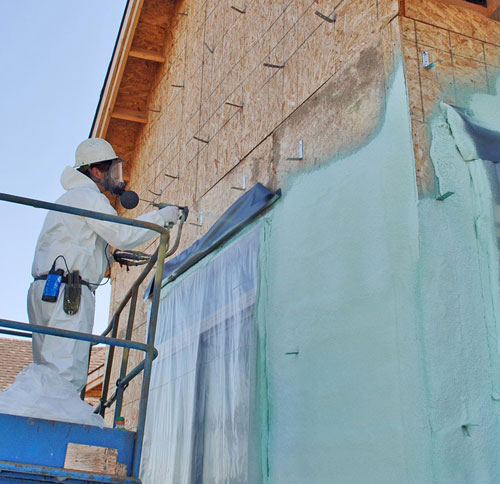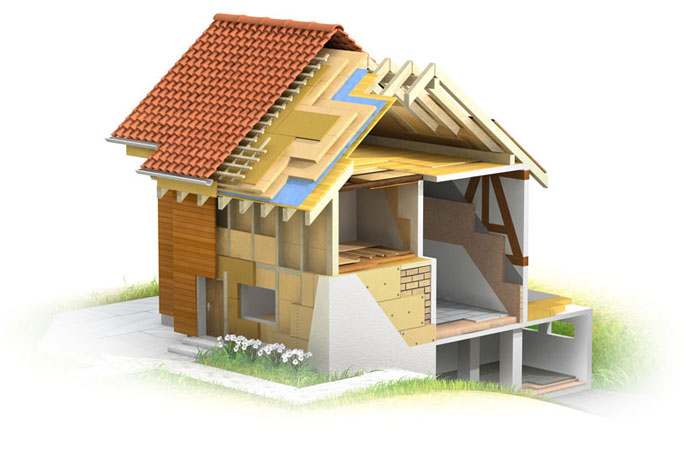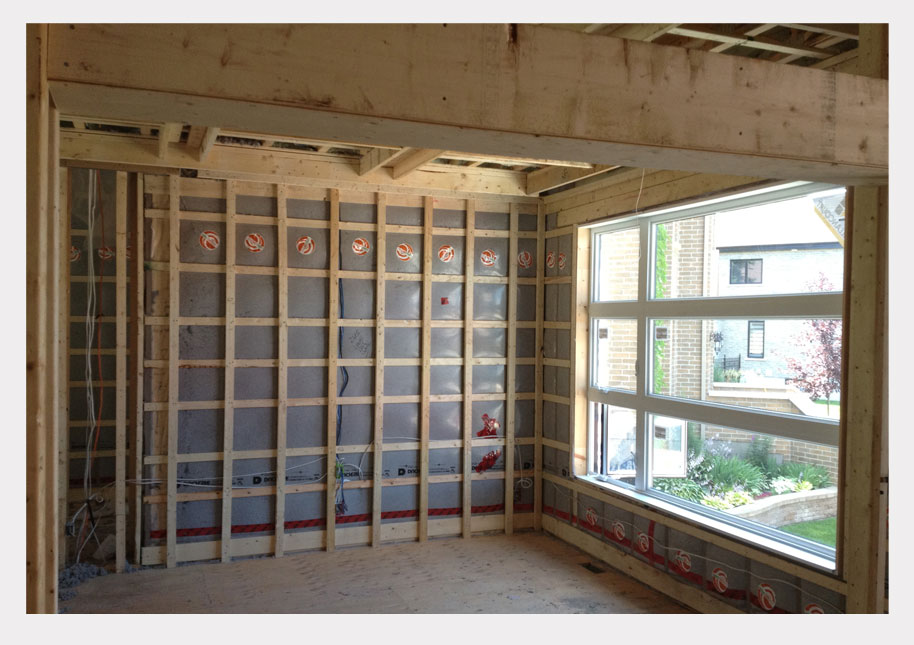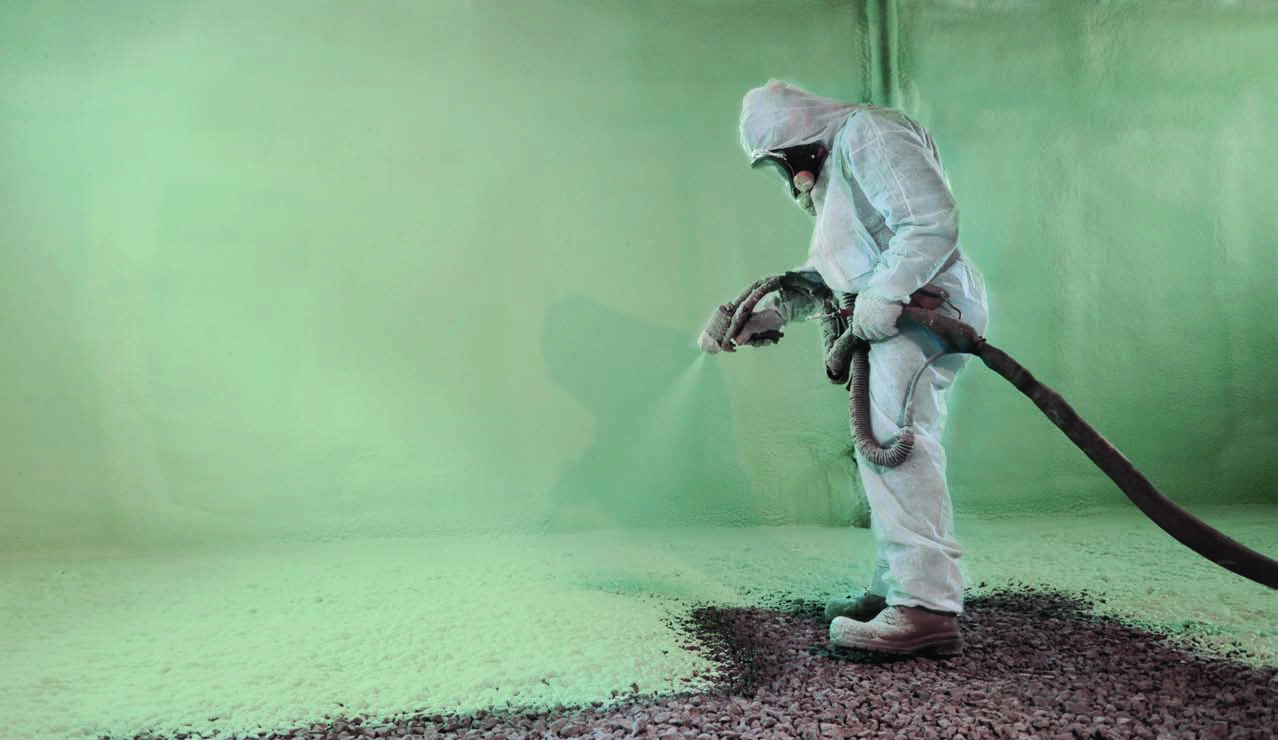FOUNDATION WALLS INSULATION
Seeing as the basement of homes is part of the living space, insulating your residential property is a factor of utmost importance. In fact, the building materials (concrete wall and slab) are affected by convection and condensation, which promote the formation and spread of moisture and even water penetration, which is why drainage and waterproofing are crucial for your comfort and protection of your investment.
FRAME WALLS INSULATION
Cellulose fiber is often an indispensable material for filling the gaps between studs. The new HD 360 insulation method increases the thermal resistance of framed walls.
CEILING AND ATTIC INSULATION
Poor insulation and inadequate ventilation of ceilings and attics can lead to many problems. In some cases, the use of cellulose fiber as insulation improves energy performance while enabling the best possible ventilation.


